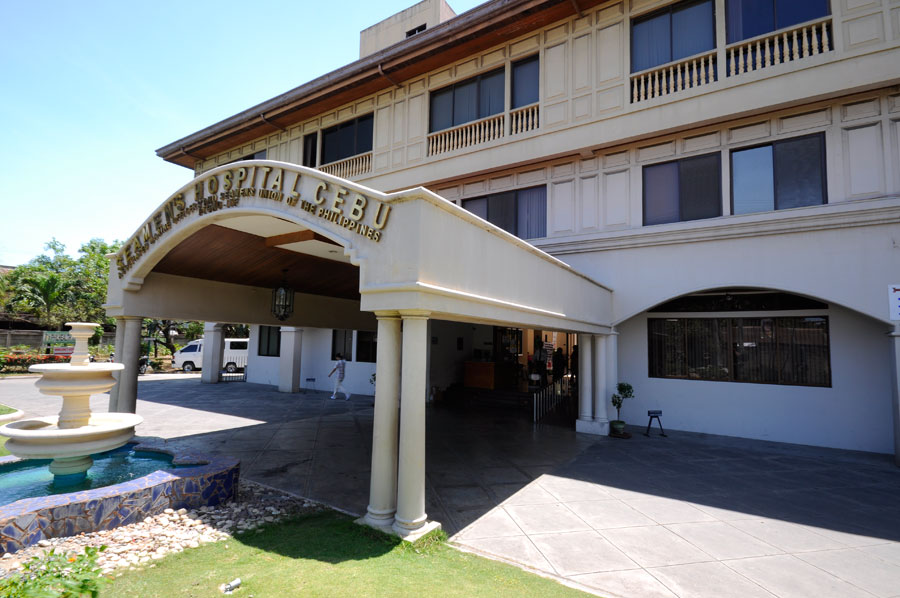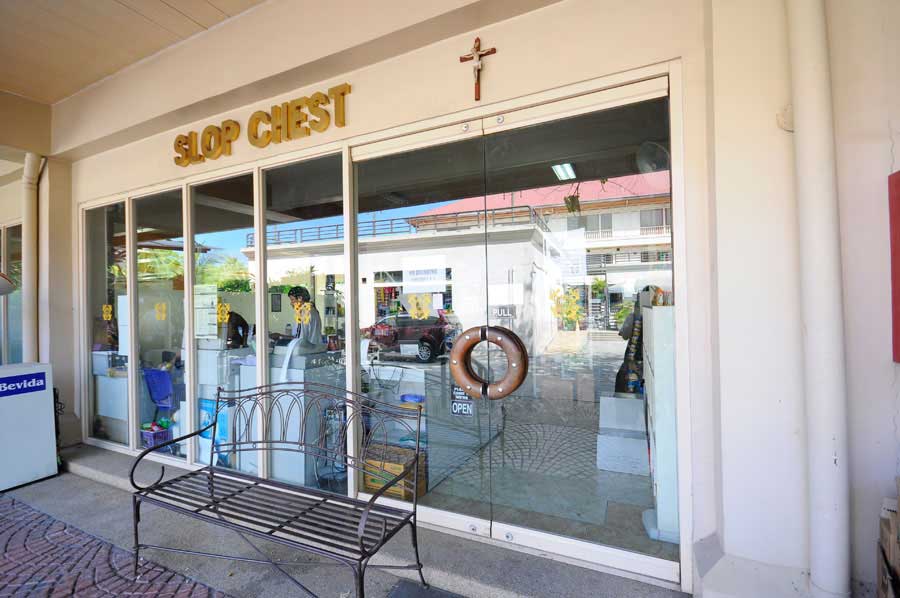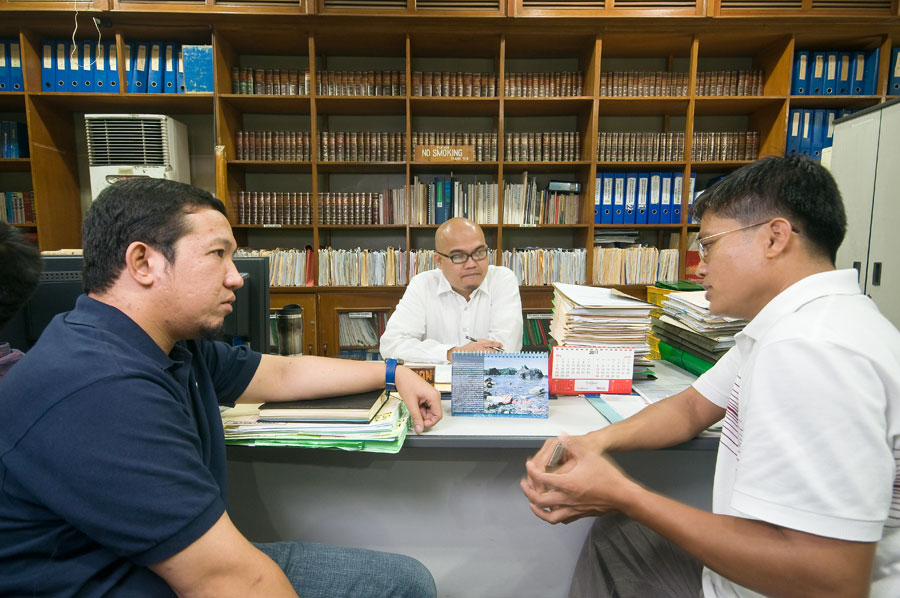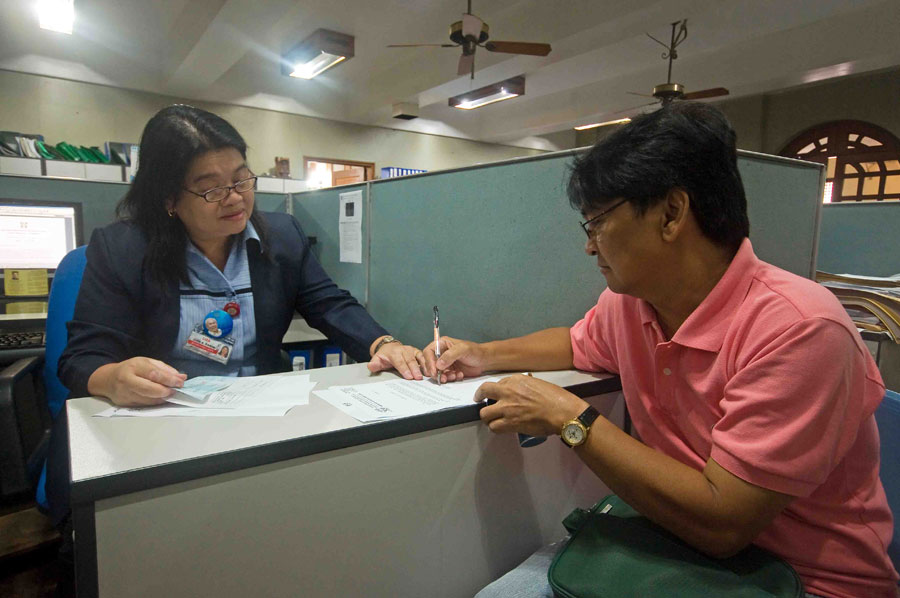The seemingly innocuous phrase “work-related” costs the shipowners a whopping $359.5 million in judgment awards from 2013-18 in claims filed by Filipino seafarers before the Philippine labour court and arbitration body. Andy Dalisay writes for more updates on ambulance chasing in the crewing sector
Shipowners and crew managers believe that passing legislation on crew claims will solve the problem of ambulance chasing should the Philippines want to retain its leading supply status in the crewing sector.
The introduction of such a law in Congress, according to the International Maritime Employers’ Council (IMEC), would address the “root cause of the problems” that IMEC members face in the Philippines. Labour courts such as the National Conciliation Mediation (NCMB) and National Labour Relation Council (NLRC) can render immediate executory judgment.
IMEC CEO Francesco Gargiulo says that the enactment of a legislation will do practically “no chance at all for restitution (of cases) if/when these judgments are appealed and overturned by the higher courts.” He notes that “if the undisputed part of a claim could be paid whilst the remaining part is held in escrow until the appeal journey has been fully exhausted.”
Discourage to mislead seafarers

Mr. Gargiulo argued that the law will also discourage many ambulance chasers from “misleading seafarers” who have been swindled along with their employers out of deserved compensation. But in the absence of such a law, IMEC advises members to pinpoint judges and arbitrators who are involved in clearly unconscionable decisions with criminal lawsuits.
“We need to break the aura of invulnerability they currently enjoy,” Mr Gargiulo told Sailing Forward. However, he conceded that some are “not keen on taking this route for fear of being targeted by some of the power lobbies behind the ambulance chasers.”
Proposed House Bill No 5430 or the Escrow Bill Act, which was forwarded in 2015 by the Angkla Partylist, has yet to make any progress in the legislative mill, waiting to find a sponsoring representative in the upcoming Congress.
When COVID-19 hit the world in March 2020, the industry saw a reduction in crew claims brought about by the consequent crash in manpower deployment due to the pandemic.
But when crew changes resumed, Mr Gargiulo said the industry “witnessed a resurgence of fraudulent claims as even more desperate seafarers that had often been left without a regular income during the pandemic became easier targets for unscrupulous ambulance chasers.”
Statistics are not available yet but over the 20-month lockdown of 2020-21, according to Atty Imelda Barcelona, CEO at Agile Maritime Resources, “there was hardly medical repays.” But at the start of December 2021 “trickles of demand letters from complainants’ counsels started coming in,” shared Atty Barcelona, who is also the CEO of a P&I correspondent, LUBECA Protection & Indemnity Philippines.
Crew claims spike

Barcelona traces the history of how crew claims number began to spike. It was when the Philippine Overseas Employment Administration (POEA) introduced “for the very first time the phrase ‘work-related’ in relation to the liability of LMAs (licensed manning agencies) and shipowners for injury, sickness or death the Filipino seafarer may suffer.”
To be entitled to medical benefits or disability compensation, sickness or injury must be “work-related”. Legal heirs can receive death compensation if the crew’s injury or death is work-related.
Thus, “the seemingly innocuous phrase ‘work-related’ cost the shipowners a whopping $359.5 million in judgment awards from 2013-2018 in claims filed by Filipino seafarers before the Philippine labour court and arbitration body whose rulings at their level are immediately executory,” wrote Barcelona.
The sad part is that once the judgment award is paid, she writes in her article on her Linkedin account, there is no chance to recover the award even if the appellate court or the Supreme Court reverses the ruling. “The money paid just magically disappears. The Shipowners must file a separate lawsuit before the regular courts of law to recover the judgment award which is sadly an exercise in futility,” the article says.
Apart from legislation, another solution is aligning the POEA’s standard employment contract (SEC) to the provision of Maritime Labour Convention (MLC, 2006) (Regulation A4.2) on Shipowners Liability of the MLC, which Atty Barcelona identifies the following provisions:
- a) Shipowners shall be liable to bear the costs for seafarers working on their ships in respect of sickness and injury occurring between the date of commencing duty and the date upon which they are deemed duly repatriated, or arising from their employment between those dates;
- b) Shipowners shall provide financial security to assure compensation in the event of death or long-term disability of seafarers due to an occupational injury, illness or hazard, as set out in the national law, the seafarers’ employment agreement or collective bargaining agreement.
MLC provides, in simple and straightforward narrative, that for as long as the illness, injury, or death occurred whilst the seafarer is serving his/her contract on board, the seafarer is entitled to medical benefits, disability compensation and death compensation.
A tripartite task group consisting of government, union, and employers, who drafted the 2010 POEA-SEC, was unfortunately overtaken by events that prevented them from tackling the POEA-SEC section on compensation and benefits.
Quicker route
Atty Barcelona, who was part of the then tripartite task force, said the 2010 POEA-SEC was short of four years in the making. And with the ensuing change in the administration, it may take longer than four years to draft amendments or revise the POEA-SEC to align the section on “Compensation and Benefits” with the Article on Shipowners’ liability of the MLC.
She suggests that writing the relevant MLC provisions in the collective bargaining agreements (CBA) is the quicker route.
Mr Gargiulo of IMEC is amenable to amending their CBA in any way that stands to benefit seafarers and their employers. He says it will also help them protect the seafarers from the “current predatory lawyers circling the industry.”
The IMEC CEO says, amending the CBA can only be done if both parties agree and this would involve agreements by the likes of AMOSUP and APSU.
MR Gargiulo stresses that the Philippines continues to be their members’ favourite manpower source for their owned and managed ships. “We continue to have the greatest appreciation for the professionality and positive attitudes of Filipino seafarers and are investing huge amounts of money in making sure their training is of the highest calibre.”
He added that IMEC was “not concerned about the EMSA issues as we know they can be overcome. If it wasn’t for the fraudulent claims culture, we would have no hesitation in predicting a future for the local manning industry that is even brighter than the recent past.”SF







